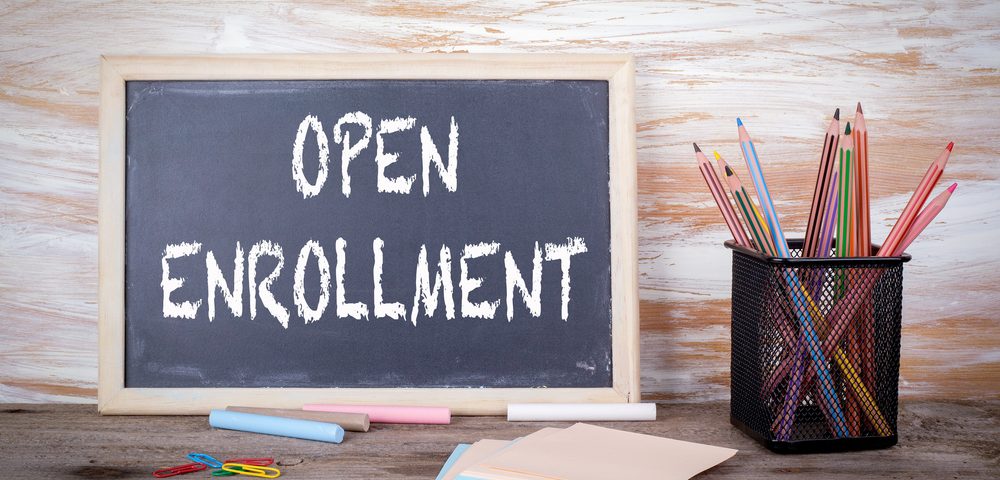The U.S. Food and Drug Administration (FDA) has granted orphan drug status to SY-1425 to treat acute myeloid leukemia (AML), said the drug’s developer, Syros Pharmaceuticals. The therapy is being tested in a Phase 2 trial that is now enrolling participants.
Orphan drug status aims to encourage therapies for rare and serious diseases, through benefits such as seven years of market exclusivity and exemption from FDA application fees.
“Treatment of AML remains a significant unmet medical need, with many patients lacking adequate therapeutic options,” Dr. David A. Roth, chief medical officer at Syros, said in a press release. “We believe that SY-1425 may provide a meaningful benefit for subsets of AML patients whose disease is driven by abnormally high expression of the RARA or IRF8 genes.”
Roth called the FDA designation “an important regulatory milestone” for SY-1425 and said that his company, based in Cambridge, Massachusetts, hopes to present initial clinical data later this year.
SY-1425 is an oral first-in-class selective retinoic acid receptor alpha (RARalpha) agonist, meaning that the drug binds to the receptor and promotes its activation.
Syros researchers have found that nearly a third of patients with AML and the related disorder myelodysplastic syndrome (MDS) — a blood disorder that prevents patients from producing enough healthy blood cells — are characterized by unusual high levels of the RARA or IRF8 proteins. This locks cells in an immature and undifferentiated state, causing them to proliferate.
But in preclinical studies, Syros found that SY-1425 was able to inhibit cancer growth and prolong survival in mouse models of AML and MDS with high levels of RARA and/or IRF8. The drug also showed promising results when combined with standard-of-care treatments, such as anti-CD38 therapies.
The ongoing open-label Phase 2 study (NCT02807558) is assessing SY-1425 in people with relapsed or refractory AML, as well as newly diagnosed AML patients who are not suitable for chemotherapy. Those with relapsed or refractory higher-risk MDS or lower-risk MDS are also encouraged to apply; all patients must be positive for the RARA biomarker.
Patients with relapsed or refractory diseases will receive SY-1425 twice a day continuously. Those with newly diagnosed AML will receive SY-1425 in combination with Vidaza (azacitidine), a standard-of-care chemotherapy. Dosing will continue until unacceptable toxicity, disease progression or investigator’s decision.
The study’s primary outcome is overall response rate, deemed as the proportion of patients who respond to treatment. Secondary measures include survival without disease events or relapse, duration of response, and overall survival.


